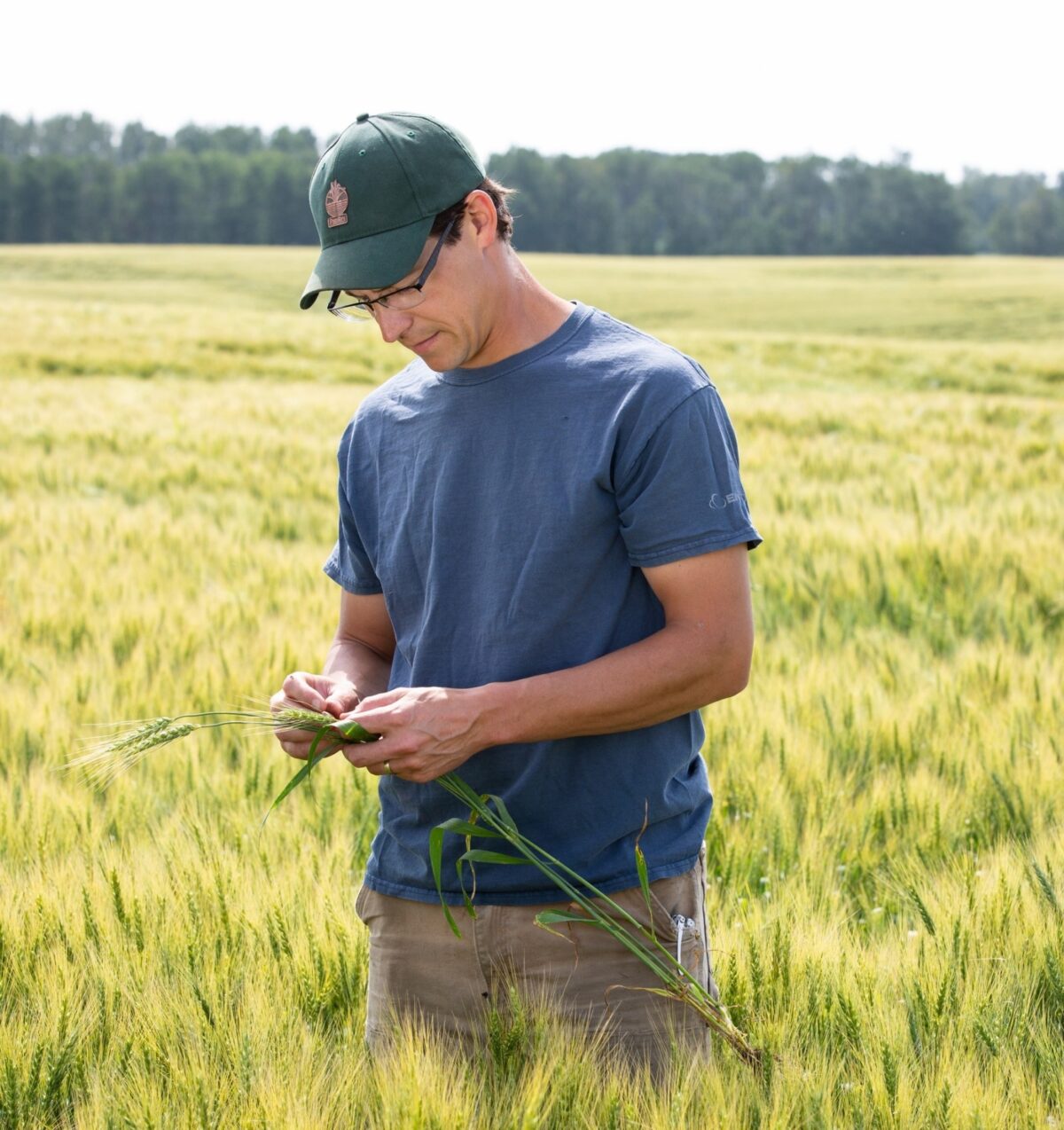Know Your Grain Contracts: Part 2 – Contract Formation

This blog is the second instalment of a three-part series examining grain contracts.
As described in our previous blog, grain contracts often fall into two categories: production contracts and delivery contracts. In this blog, we’ll discuss some additional issues that parties in a grain contract should consider, including steps they can take to protect themselves at the early stages of entering into a contract.
Grain contracts operate the same as any other contract, and are governed by traditional principles of contract law. When there are big price fluctuations, parties on both sides of the contract may look to exploit contractual weaknesses in order to take advantage of the price change. Since no one can predict future market prices, it is in the best interest of both parties to ensure that their contracts are valid and binding on the other party. Dotting your I’s and crossing your T’s is critical.
Contract Formation
A valid contract is a binding and enforceable agreement between two or more parties. To be a valid contract, there must be 1) an intention to enter into the contract, 2) a meeting of the minds on the essential terms of the contract and 3) certainty on the terms of the contract.[1]
Verbal contracts are still contracts. However, if the only record of the contract is the memories of the two people who spoke, it may be difficult for either party to remember exactly what was said, and sometimes there is a misunderstanding about whether a contract was even entered into. Disagreements about whether an agreement was reached or what terms were agreed upon are resolved if the parties write down what they agreed to.
People in the food and agriculture industry are busy – spring seeding, spraying, harvesting, etc. They do not always have time to make sure the paperwork is exactly the way it should be. But if the parties do not ensure they have a written contract signed by everyone, it can lead to disputes.
A written and signed agreement is important to ensure there is proof that a contract was formed between the parties. Otherwise, disputes about whether a contract even exists could occur, particularly when there are big price fluctuations. If that happens, Courts and lawyers are left to pick through correspondence and extract witness memories to try to figure out what was ultimately agreed to.
One example is the case of Sunrise Foods International Inc. v MGM Specialty Livestock Ltd. In that case, the Court looked at the conduct of the parties, including text messages exchanged between them, to determine that they had agreed on the essential terms and clearly intended to contract.[2]
Bottom line, the best way to avoid a dispute is to make sure your agreement is in writing and includes all of the terms the parties agree to.
Signatures
Once you have a written agreement, it is wise to make sure you have a copy that is signed by everyone. Signatures on contracts are sometimes seen as a mere formality in a world that used to operate on handshake deals. But times have changed, and when it can mean the difference between a boom or bust year, handshake deals can be hard to prove. A signed agreement shows clearly that the parties accepted the agreement. While unsigned agreements can be valid contracts, they can also lead to disputes.
Some parties believe that if they did not sign the paper, there was no contract. As noted above, verbal contracts are valid and binding. But a failure to follow through with collecting a signature creates a risk that the other party may try to disavow the contract if it works to their financial advantage.
Obtaining a signature is easier than ever since electronic signatures satisfy the requirement for a valid signature. Always make sure you retain a fully executed copy of the contract.
Having a well-written contract that sets out all of the terms agreed to by the parties and that is signed by the parties is critical to avoiding disputes when the price of grain rises or falls. While it can seem burdensome in the moment, this will save time and money in the long run.
Our next blog in this three-part series will examine what happens when a party defaults on their obligations under a grain contract.
MLT Aikins takes tremendous pride in being Western Canada’s Law Firm. We have a large team of dedicated legal professionals who live and work in agriculture and would be happy to assist you as you navigate the world of grain-based transactions and help you avoid some of the industry’s most common pitfalls. Contact us to learn more.
[1] Jans Estate v Jans, 2020 SKCA 61 at para 34.
[2] Sunrise Foods International Inc. v MGM Specialty Livestock Ltd., 2020 SKQB 312.




